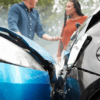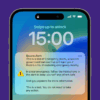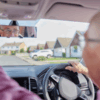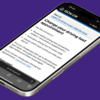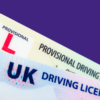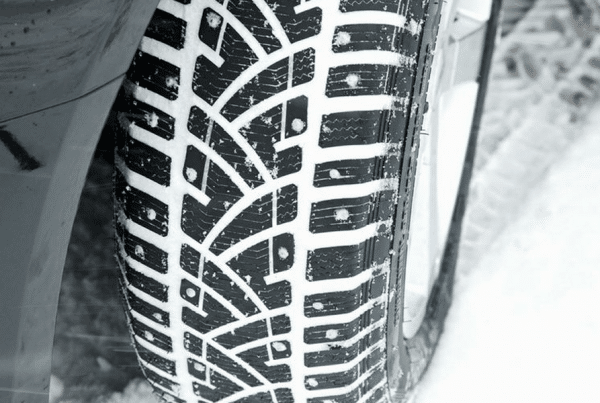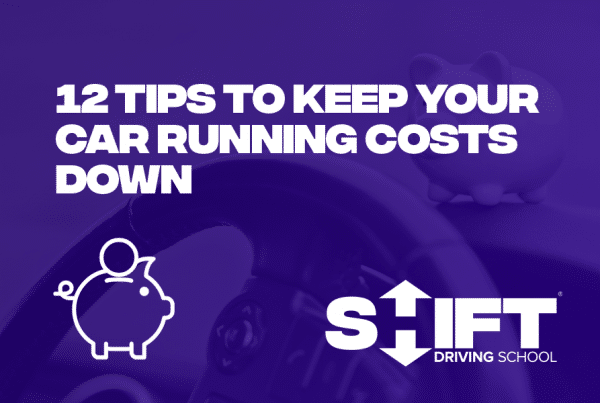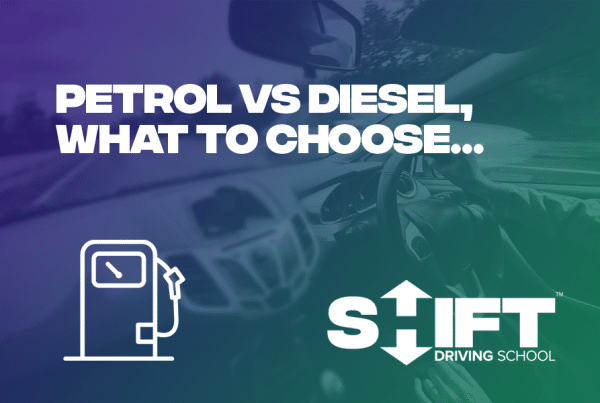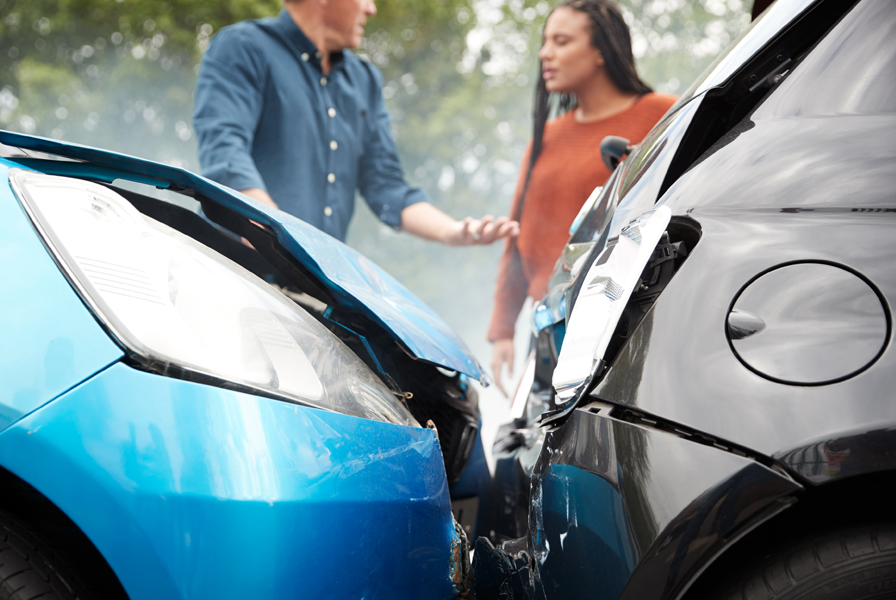
Car accidents are stressful, even when they’re minor. Knowing what to do after a car accident can make the difference between a smooth insurance process and a stressful legal headache.
According to GOV.UK over 128,000 people were involved in road accidents in 2024 – yet around 1 in 5 drivers say they don’t know the correct steps to take. This guide covers everything you need to do after a car crash, from checking for injuries to reporting it to your insurer.
If you’re caught up in a road traffic accident, here’s the order of actions to take straight away:
1. Check for injuries
Start by checking yourself, then any passengers in your car, before moving on to others involved. Only get out if it’s safe to do so. Even if everyone looks fine, it’s worth making a note that no injuries are obvious at the scene.
2. Call 999 if it’s urgent
You should dial 999 immediately if emergency help is needed. This includes situations where:
-
Someone has been injured.
-
Vehicles or debris are blocking the road.
-
An animal (for example, a dog, horse or farm animal) has been hit.
-
The other driver leaves without giving you their details.
-
You think the collision was staged on purpose (a “crash for cash” scam).
-
You suspect the driver is uninsured.
-
The other driver appears drunk or under the influence of drugs.
-
Anyone involved is acting aggressively or making threats.
If it isn’t an emergency but still needs police involvement, you can call 101 instead.
3. Get everyone to safety
If it’s safe to move, guide passengers and anyone else involved away from the vehicles and traffic. The only exception is if someone is too badly injured to be moved — in that case, wait for emergency services.
4. Swap details with the other driver
You’re legally required to share your information with the other driver, and they must do the same. Surprisingly, almost half of drivers admit they’ve been in an accident where they didn’t take the other person’s details — which can cause big problems later.
Even if neither of you plans to make a claim, you should still exchange the following:
-
Car insurance policy number(s)
-
Vehicle registration plates
-
Drivers’ full names, addresses, and phone numbers
-
The registered keeper’s details (if different from the driver)
Having this information protects you if a dispute arises further down the line.
5. Record details of the accident scene
Evidence is one of the most important parts of knowing what to do after a car accident. Photos, videos and written notes can make all the difference if you need to make an insurance claim later.
Shockingly, nearly two-thirds of drivers admit they didn’t capture any photo or video evidence when they had an accident. Don’t make that mistake — try to gather as much information as possible, including:
-
Date and time of the accident
-
Weather, lighting and traffic conditions
-
Road surface and any markings or signs
-
A clear description of what happened (sketches can help)
-
Vehicle details – make, model, colour and registration
-
The other car’s condition and estimated speed/direction of travel
-
Number of passengers in the other vehicle
-
Driver details – contact info and a brief description
-
Any damage to vehicles, property or signs of injury
-
Witness details or nearby CCTV cameras
-
Dash cam footage, if available
The more information you collect at the scene, the stronger your position if there’s a dispute later.
6. Don’t apologise at the scene
It might feel natural to say “sorry” after a crash, but avoid it — even as a polite remark. Around a third of drivers admit they’ve apologised after an accident, but this can be taken as admitting fault.
Legally, saying sorry doesn’t mean you’re responsible, but the other party could try to use it against you later. Liability is something insurers decide between themselves, not something to sort out roadside.
7. Report the accident to your insurer
Even if you don’t plan on making a claim, you must still tell your insurer that you’ve been in an accident. Half of drivers admit they didn’t contact their insurer at the time, and nearly a quarter failed to report smaller bumps at all.
Skipping this step can cause serious problems. If you don’t report the accident, you risk:
-
Having your insurance policy voided
-
Facing higher premiums in the future
-
Struggling to get cover at all
Even for minor scrapes, always let your insurer know.
Why do I have to report a car accident?
It’s a legal requirement to stop after an accident, no matter how minor it is. You can find more information on this in the Road Traffic Act.
Nearly half (49%) of UK drivers didn’t know they should report any accident to their insurance company. 6% admitted that they didn’t declare the accident to their insurer.
If you’re unable to speak to the driver of the other vehicle – for instance if you hit a parked car with no driver present – you need to stop, leave your details and report it to the police.
Driving off after an accident counts as a hit-and-run accident. This could lead to a fine, points on your licence or a driving ban.
Also, if you don’t report the accident, someone could claim against you later.
Let’s say you bumped into someone’s parked car and drove off. You may have been caught on CCTV, or someone might have seen you and noted your reg plate.
Do I need to report the accident to my car insurance company?
Yes — you should always let your insurer know you’ve been in an accident, even if you’re not intending to make a claim yourself.
The other driver could choose to claim against you without your knowledge, and your insurer needs to be aware in order to manage the situation. They also use this information to reassess the risk on your policy, which usually means your premium is likely to rise at renewal.
How long do I have to report a car accident to my insurance company?
You should let your insurer know about the accident as quickly as you can — ideally within 24 hours.
Most insurance policies set a specific time limit for reporting an incident, and failing to meet it could affect your cover. Always check your policy documents so you know exactly how long you have to notify them.
When should I report an accident to the police?
You must report an accident to the police if:
-
Someone is injured
-
You didn’t exchange details with the other driver
-
You believe a crime has taken place
If it’s not an emergency, you should call 101, the non-emergency police number, within 24 hours of the incident.
Should I move my car after a minor accident?
If the accident is only minor, no one is hurt, and there’s no debris blocking the road, it’s often best to move your vehicle once you’ve taken photos and gathered evidence. This helps keep traffic moving and reduces the risk of another collision.
Whenever possible, move your car to a safe spot nearby, such as a side road or car park, before exchanging details.
⚠️ Important: If anyone is injured, the accident is more serious, or the road is blocked, leave the vehicles where they are and call the emergency services.
How long after a car accident can I claim on my car insurance?
For personal injury claims, you normally have up to three years to make a claim. However, time limits can vary depending on your insurer, so always check your policy wording.
That said, the sooner you start the claims process, the better. Reporting quickly allows your insurer to investigate while details are still fresh, which usually makes the process faster and smoother.
Need a confidence boost after an accident?
Even a small bump can knock your confidence on the road. If you’re feeling nervous about driving again, a few refresher lessons with a professional instructor can make a huge difference.
At Shift Driving School, we offer tailored refresher lessons designed to rebuild your skills and confidence at your own pace.
Book a refresher driving lesson with Shift Driving School now.
What to do after a car accident.

